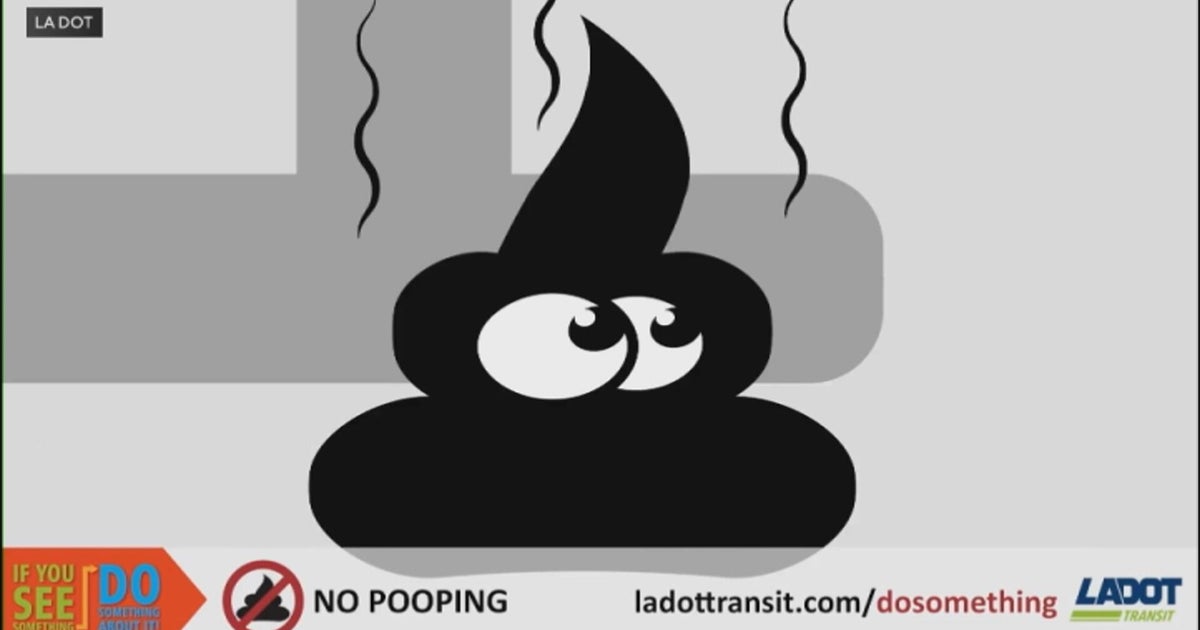Study: SpongeBob Could Cause Attention And Learning Problems In Children
LOS ANGELES (CBS) — Some people say a 4-year-old's brain is like a sponge, but researchers say that's not the case when it comes to watching SpongeBob SquarePants.
Researchers at the University of Virginia found that fast-paced cartoons like SpongeBob can impact young children's behavior and can cause short-term attention and learning problems.
Podcast
KNX 1070 talks with the study's lead author, University of Virginia psychology professor Angeline Lillard.
The study was based on 60 children randomly assigned to watch SpongeBob, or a slower-paced cartoon or draw.
They found preschoolers who watched SpongeBob SquarePants for nine minutes did not do well on brain function tests compared to the children who watched slower cartoons or did artwork.
The study was published Monday in the Journal of Pediatrics.
Nickelodeon, which airs SpongeBob SquarePants, issued a statement: "Having 60 non-diverse kids, who are not part of the show's targeted demo, watch nine minutes of programming is questionable methodology. It could not possibly provide the basis for any valid findings that parents could trust."
The network added that the cartoon is aimed at children aged 6-11, not 4-year-olds.
The American Academy of Pediatrics warn that children younger than two should not watch any TV, while older children should not spend more than two hours a day watching TV, playing video games or being on the computer.







